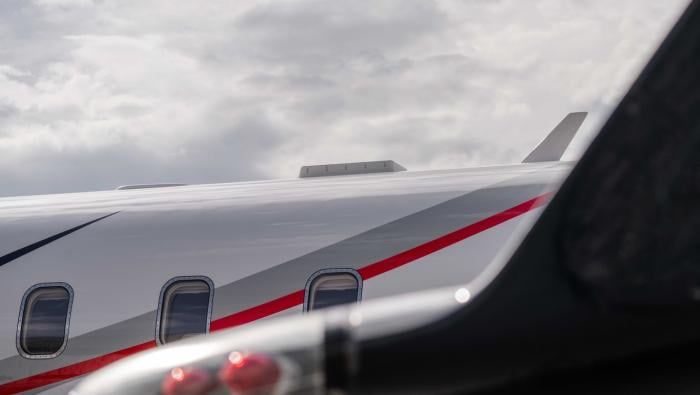1. All employees in safety-sensitive positions at U.S.
So here’s a pop quiz (true or false) for all you aviation enthusiasts:
1. All employees in safety-sensitive positions at U.S. airlines must be drug and alcohol tested.
2. These same employees need 10-year background checks before being hired.
3. Mechanics are considered as occupying safety-sensitive positions.
4. All maintenance performed on U.S. airliners is performed by mechanics subject to drug and alcohol testing and 10-year background checks.
I suspect that most people are surprised to learn that not all maintenance performed on U.S. airliners is done by mechanics subject to drug and alcohol testing and 10-year background checks. How can that be? If mechanic is considered to be a safety-sensitive position, how can maintenance performed on U.S. airliners not be done by employees subject to drug and alcohol testing and background checks? Where’s the loophole big enough to taxi an A380 through?
Well, the scary little secret is that while the FAA requires U.S. airlines and U.S. repair stations to have drug and alcohol testing programs for all employees in safety-sensitive positions, no such FAA rule exists for foreign repair stations certified by the FAA. It’s as if all drug and alcohol concerns magically disappear when maintenance is performed on foreign soil. It makes you wonder what they’re smoking over at 800 Independence Ave.
The same disparity applies to 10-year background checks. While the TSA has decided that aviation security demands background checks to screen out criminals and terrorists and bar them from gaining access to aircraft by working at U.S. airlines and U.S. repair stations, there are apparently no such security concerns about maintenance performed on U.S. airlines by FAA-certified foreign repair stations. Does this make sense to anyone? Has anyone told the TSA that the 9/11 hijackers were not homegrown?
We’ve known for decades that drinking and driving causes accidents.
But it wasn’t until several high-profile accidents occurred in the 1980s and ’90s that it became clear commercial transportation was also vulnerable to drug and alcohol users. (The environment in Alaska may never recover from one alcoholic captain of the Exxon Valdez.) The DOT has put in place a stringent set of rules–ever expanding in scope–to establish pre-employment drug testing and random drug and alcohol testing that now covers not only aircraft operators (pilots) but also mechanics, dispatchers and flight attendants.
The truth is, every year the FAA finds pilots, mechanics and others at smaller and even major U.S. airlines who are violating alcohol and drug rules. And every year, applicants at these same major and not-so-major airlines are denied employment when they fail routine pre-employment drug tests. That’s scary, but it’s scarier to think that the mechanics doing work abroad on U.S. airliners aren’t subject to the same pre-employment drug testing.
Even more disturbing is the thought of who’s not being screened out by the 10-year background checks. We don’t do that great a job in the states, and it’s mandatory here. Does anyone remember a major repair station in North Carolina using illegal aliens for maintenance work? How about the major paint facility in Amarillo hiring illegals? It’s not that much of a stretch to imagine employees with shadowy backgrounds getting hired at foreign repair stations and gaining access to U.S. airliners.
I’m not saying we should erect barriers to foreign repair stations. I’m saying we should level the safety standard so that all maintenance of U.S. airliners is performed by maintenance employees subject to the same standards, regardless of whether
the work is done on U.S. soil or foreign soil. The flying public deserves this much.
Level Playing Field?
Aside from the safety impact, doesn’t our government care that by imposing expensive drug and alcohol testing rules and 10-year background checks exclusively on companies doing business in the U.S., they’re driving aviation maintenance jobs abroad? With the economy in a tailspin and aviation jobs drying up, you’d think Congress would be on a tear closing up these loopholes. Are we so concerned about appearing protectionist that we undermine our own workers’ ability to get jobs by giving regulatory freebies on offshore jobs?
And why are the unions so quiet? Other than the Teamsters raising a justified ruckus about these issues, the other unions seem to be strangely quiet. I would think the unions would be screaming to Congress and the President–who they supported by an overwhelming margin–to get the laws changed. Why penalize American industry–and denigrate safety?
And if Congress and the President don’t act, why don’t the unions take their case to the flying public? I bet a lot of frequent fliers wouldn’t be too happy to know that flying on a U.S. carrier is no guarantee that maintenance was performed to U.S. safety and security standards.
And the answers are:
1. True. 2. True. 3. True. 4. False.







